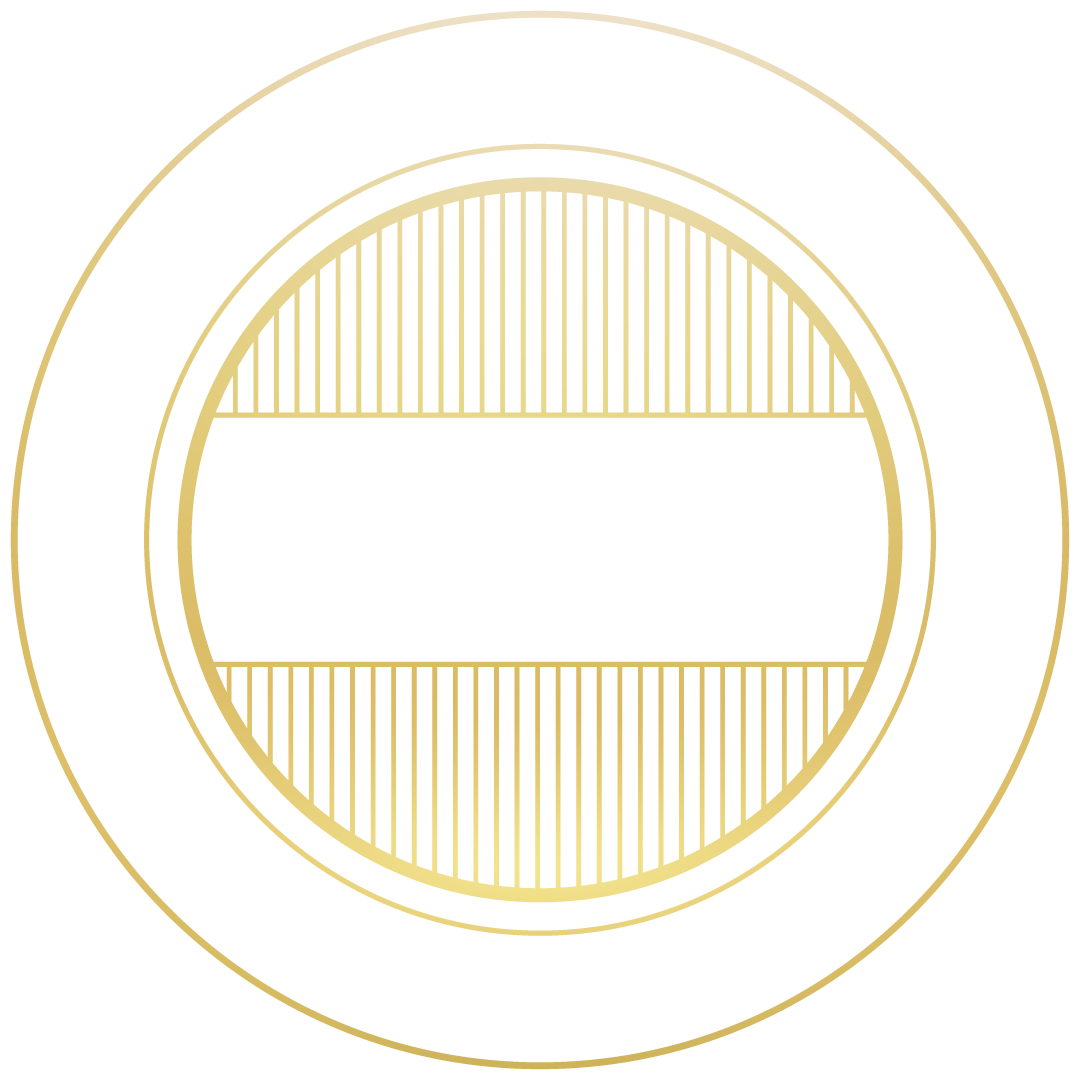By: Robert S. Barnett, JD, MS (Taxation), CPA and Gregory L. Matalon, JD
Abridged and edited from the original article published in the New York Law Journal
Introduction
Each U. S. Citizen and U. S. Resident (ex. Green Card Holder) is entitled to a combined Federal estate and gift tax exemption of $12,060,000 in 2022. Prior to 2010, after a spouse died, complex planning and use of trusts was often necessary to utilize the first deceased spouse’s Federal estate exemption. The Tax Relief, Unemployment Insurance Reauthorization, and Job Creation Act of 2010 provides an alternative solution. The 2010 Act allows for the “portability” of the deceased spouse’s unused Federal estate and gift tax exemption, effective for decedents dying after December 31, 2010.
In essence, portability allows the surviving spouse to utilize the available unused federal estate and gift exemption from the deceased spouse, without the use of complicated trusts and other planning mechanics.
In order for the surviving spouse to utilize the remaining exemption of the first deceased spouse (“Deceased Spousal Unused Exclusion” or “DSUE”), the Executor of the decedent’s estate must elect portability of DSUE on a timely filed federal estate tax return (Form 706). Treas. Reg. § 20.2010-2 states that the timely filed election is made by filing Form 706 within nine months after the decedent’s date of death, or on the last day for the required filing if a proper extension of time has been obtained. The regulations state that the Form 706 must be accurately prepared; however, if Form 706 is being filed solely for the purpose of electing portability, special rules allow for streamline reporting with respect to transfers which are deductible under the marital deduction and/or charitable deduction provisions. Many estates will be able to utilize this streamlined reporting and are only required to report the description, ownership, and beneficiary of such property along with the executor’s best estimate of date of death value. The simplified reporting allows for a cost-effective method of preparing Form 706.
Late Filing Relief
The IRS recently issued Rev. Proc. 2022-32 which extends the relief period to five years from the date of death to file Form 706 to elect portability; estates that are otherwise required to file Form 706 cannot obtain such relief. The IRS has stated that the purpose of this new procedure is to reduce the number of private letter ruling requests, thereby alleviating the burden on the IRS and taxpayers. Under this simplified method, the executor similarly makes the portability election by filing a complete and properly prepared Form 706 on or before the fifth anniversary of the decedent’s date of death and placing on the top of the Form 706 “FILED PURSUANT TO REV. PROC. 2022-32 TO ELECT PORTABILITY UNDER SEC. 2010(c)(5)(A)”. This procedure is extremely beneficial and will save the time and expense of filing a private letter ruling request. Decedents who were citizens or residents of the United States on the date of death are eligible to use this simplified method, provided the gross estate plus adjusted taxable gifts was below the federal exemption. No user fee is required for returns filed under the Revenue Procedure, thereby making a late portability election cost-effective for taxpayers.
Estates that have not elected portability on a timely filed Form 706 or by utilizing Rev. Proc 2017-34 (which provided a two-year relief period and is no longer effective due to Rev. Proc 2022-32) should consider filing under the new guidance. This expanded procedure is also not available if the executor filed a prior Form 706; because in such event, the executor will either have elected portability of the DSUE or will have affirmatively opted out of the portability election in accordance with Treas. Reg. § 20.2010-2(a)(3)(i).
Gregory L. Matalon (gmatalon@cbmslaw.com) is a Trusts and Estates partner at Capell Barnett Matalon & Schoenfeld LLP (www.cbmslaw.com), with offices in Manhattan and on Long Island.
Robert S. Barnett (rbarnett@cbmslaw.com) is a Tax and Business partner at Capell Barnett Matalon & Schoenfeld LLP (www.cbmslaw.com), with offices in Manhattan and on Long Island.

